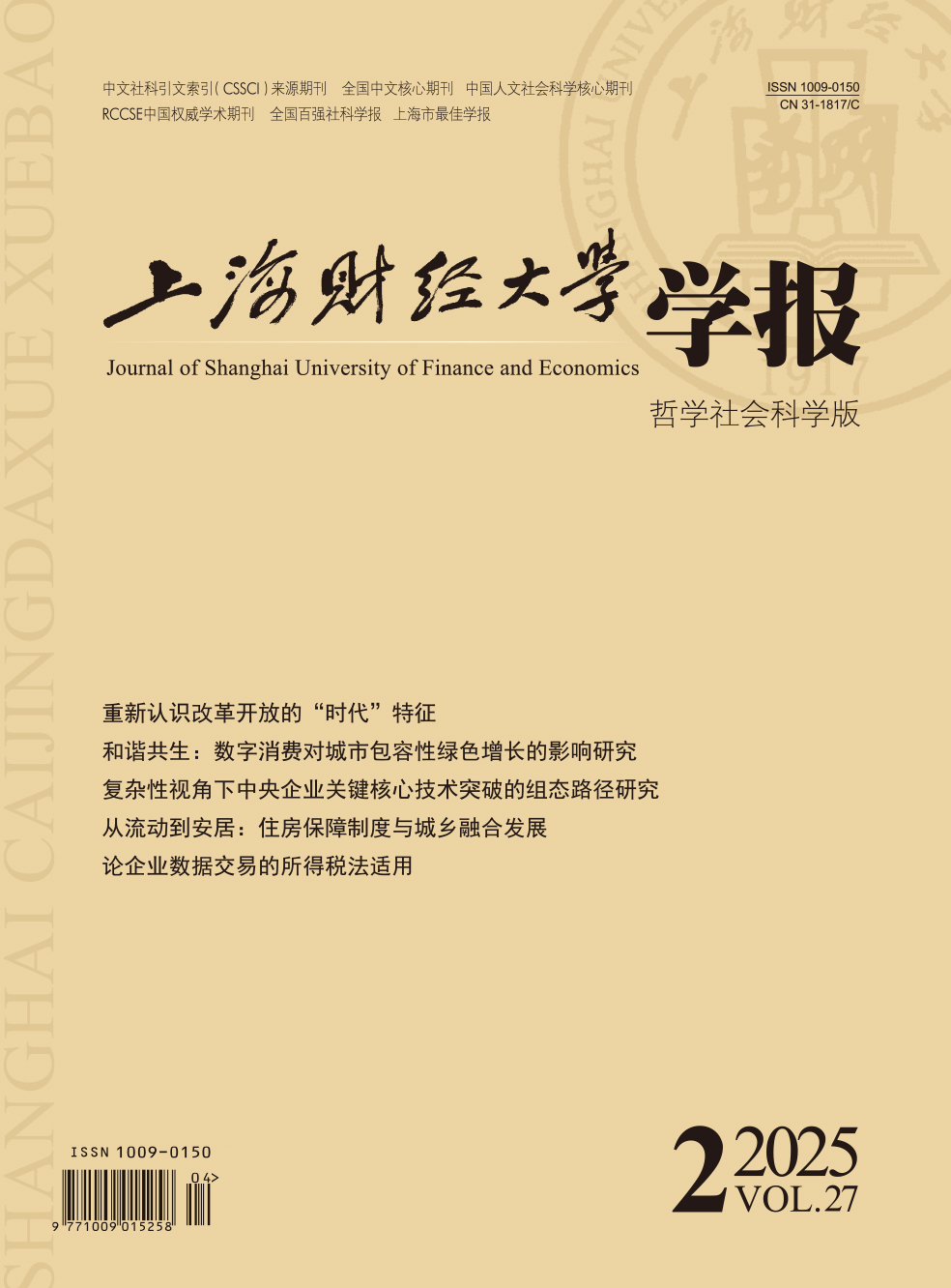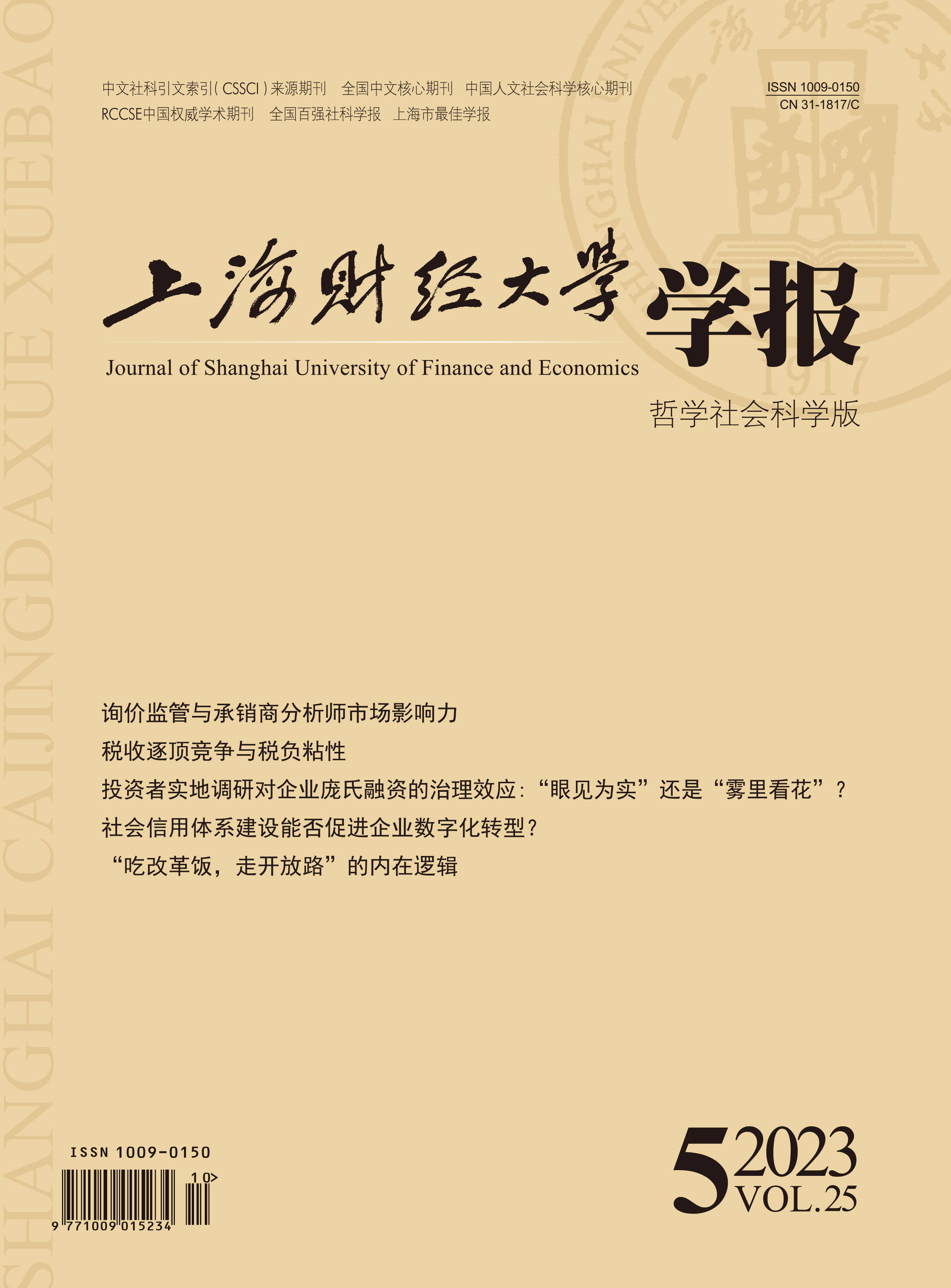At present, there is a widespread trend around the world to create a good tax business environment, and the tax business environment assessment initiated by the World Bank has played a role as a guide and booster. In its latest assessment system, based on different evaluation dimensions, several specific evaluation points and quantitative standards have been formed, reflecting a new trend of driving the optimization of the tax business environment. For the reform of China’s tax system, the new business environment assessment system released by the World Bank is undoubtedly worth paying attention to. However, its significance does not lie in providing a series of specific evaluation indicators from the technical operation level, but in demonstrating the basic concept of tax system changes driven by the business environment assessment and the multi-dimensional evaluation thinking mode. The specific evaluation indicators are not suitable for the development needs of China’s tax system, so a simple benchmarking approach cannot be used to directly measure the practical status of China’s tax system and even evaluate the quality of the tax business environment. We examine tax system practices with the goal of developing a business environment, which is an inevitable choice to adapt to the trend of the times, rather than simply catering to the evaluation needs of specific international organizations. Given this, we should first adhere to the principles of “marketization, legalization, and internationalization” in building a business environment, and closely monitor the new trends in the development of the international business environment with an open and inclusive attitude. Second, beyond the specific indicator limitations of tax assessment, based on the evolution trajectory and development needs of China’s local tax system practice, the development direction of the tax system is determined from the dimensions of normative carriers, operating mechanisms, and value demands. That is, in terms of regulating the carrier, we should focus on cracking down on the uncertainty of tax laws caused by tax incentives; in terms of operational mechanism, we should improve the legal response of tax governance; in terms of value demands, we should strengthen the protection of taxpayers’ rights. It is worth noting that China has put the improvement of the business environment assessment system, including taxation, on the agenda and included it in formal legislation, which has a profound impact on effectively diagnosing relevant institutional issues and carrying out more targeted and responsive institutional actions. It can be foreseen that with the increasing maturity of the business environment assessment system, China’s tax business environment construction will largely break away from a single and fixed evaluation scale and discourse system, and usher in a new stage of comprehensive and autonomous development from basic concepts, thinking methods to indicator content.
 / Journals / Journal of Shanghai University of Finance and Economics
/ Journals / Journal of Shanghai University of Finance and EconomicsJournal of Shanghai University of Finance and Economics
LiuYuanchun, Editor-in-Chief
ZhengChunrong, Vice Executive Editor-in-Chief
GuoChanglin YanJinqiang WangWenbin WuWenfang, Vice Editor-in-Chief
New Tax Business Environment Assessment and Chinese Path to Tax System Optimization
Journal of Shanghai University of Finance and Economics Vol. 25, Issue 05, pp. 46 - 60 (2023) DOI:10.16538/j.cnki.jsufe.2023.05.004
Summary
References
Summary
Cite this article
Chen Zhi. New Tax Business Environment Assessment and Chinese Path to Tax System Optimization[J]. Journal of Shanghai University of Finance and Economics, 2023, 25(5): 46-60.
Export Citations as:
For




 3235
3235  4184
4184

